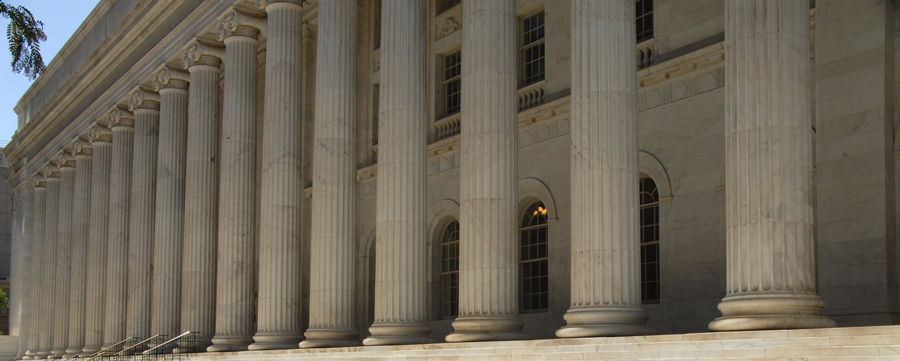Abstract
This essay uses lenses of gender, race, marriage, and work to trace understandings of “personal responsibility” in laws, policies, and conversations about public support in the United States over three time periods: (I) the pre-COVID era, from the beginning of the American “welfare state” through the start of the Trump administration; (II) the pandemic years; and (III) the present post-pandemic period. We sought to explore the possibility that COVID and the assistance programs it inspired might have reshaped the notion of personal responsibility and unsettled assumptions about privacy and dependency. In fact, a mixed picture emerges. On the one hand, the Supreme Court has rejected longstanding constitutional protection for abortion, and campaigns for “parental rights” have gained traction in several states. On the other hand, innovative forms of public support for families have appeared at state and local levels. In developing these conclusions, we highlight familiar challenges to the public/private divide while also exposing new cracks in doctrine that purports to distinguish intentional discrimination from disparate impact and to protect negative but not positive rights.
Keywords
COVID, Dobbs, Privacy, Abortion, Parental Rights, Welfare, Gender, Race
